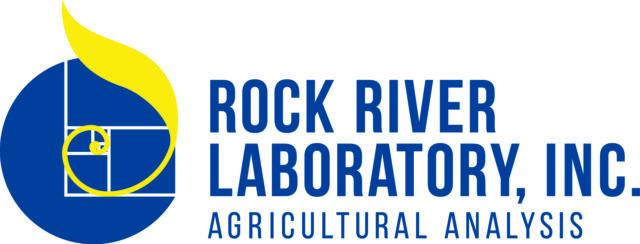Imagine you’re locked in a room with a handful of people you work with daily. The only way out is to lean on each other’s capabilities to crack codes and solve riddles leading to the right key that unlocks the exit. You’re pressed for time and working against a zombie actor who would rather see you not make it out with time to spare.
Sound familiar? I surely hope not.
That was my experience at a team-building exercise not long ago. I was locked in a zombie-themed escape room with four other colleagues and tasked with getting out in 70 minutes, hopefully less. Luckily for us, the zombie actor was not on call – but it was an option to add to the heightened stress of the situation.
We all work on the editorial team, but our expertise spans throughout the dairy community – we reach Canadian producers, French-speaking farmers and beef ranchers throughout the U.S. cattle industry. There were people in this small group I work with daily and others I’m still getting to know as a relatively new member of the editorial team.
Despite our backgrounds and varying work expectations for Progressive Publishing, we came together in that tiny room and began thinking differently about the same end goal. We each took the initiative to solve the riddles with our individual skill sets we know to be strong and effective. Some wrote down clues to decipher the message; others used the props in the room to unlock the next step (who knew a periodic table was going to come in handy so often?). Then there were those who politely asked the employee who locked us in the room for hints when our time was running short.
There was failure along the way, but there was also unwavering trust in each other’s capabilities. In relying on each other and focusing on the task at hand, we succeeded with a generous three minutes left on the clock.
The whole activity was engaging, exhilarating and really pressed our mental capacity for critical thinking. As we left the escape room, I couldn’t help but think about how that experience could benefit teams of all kinds.
I’m not suggesting every farmer take their crew to a facilitated activity such as this, but consider the challenges on your farm and the tasks at hand. Who on your team carries the right skill set to assess the situation and help solve the issue? Who are you missing because someone’s potential hasn’t been realized? What skills are not at the table?
Take, for example, an unusual spike in somatic cell count on your last milk test. Of course, the parlor and its workforce are a good place to start. But perhaps, also consider the team who manages the barns and what those protocols look like regarding cleaning and creating low-stress environments for the herd. Consider what might happen if a team meeting is called and all employees are asked to help solve this issue. Would it be effective? Would it build trust amongst the entire workforce and confidence in their abilities to meet the dairy’s goals?
Let’s go beyond troubleshooting issues on the farm and simply think about engaging with the farm’s workforce to better understand their skill sets. Whether this is a formal, expansive activity or a casual conversation over lunch, there is value in understanding who you work with and the skills they possess, particularly those talents not always realized in daily responsibilities.
After our informal team-building exercise, not only do I feel I know my colleagues better, but I also know who I’m calling when there’s a zombie apocalypse.




